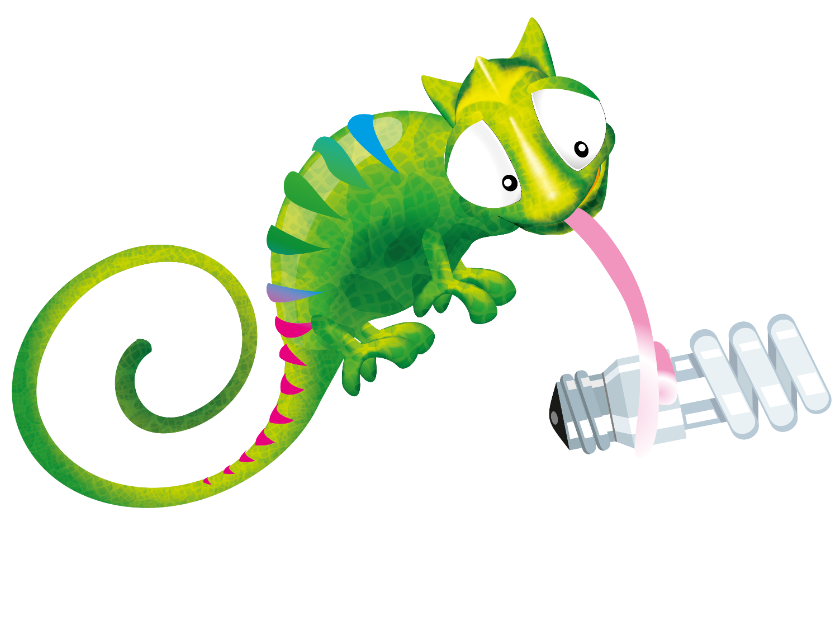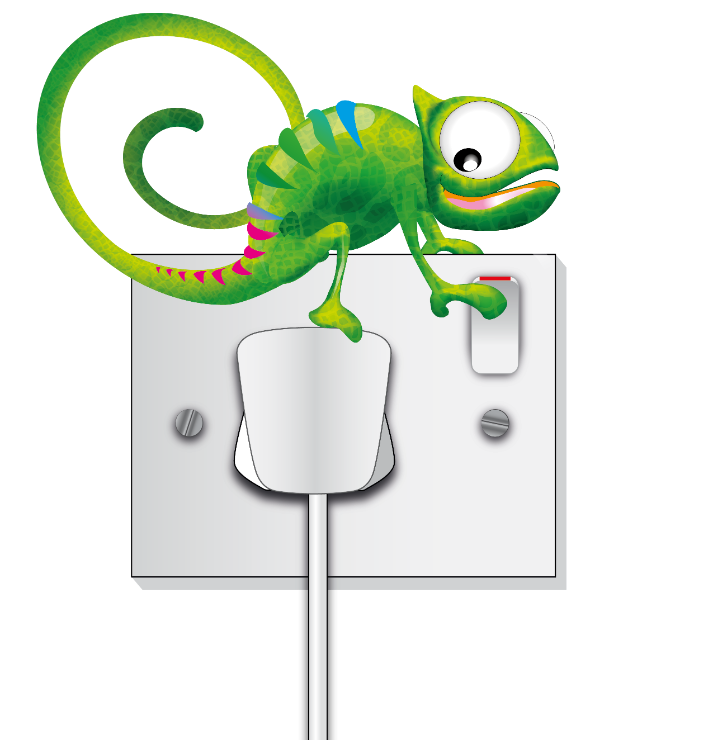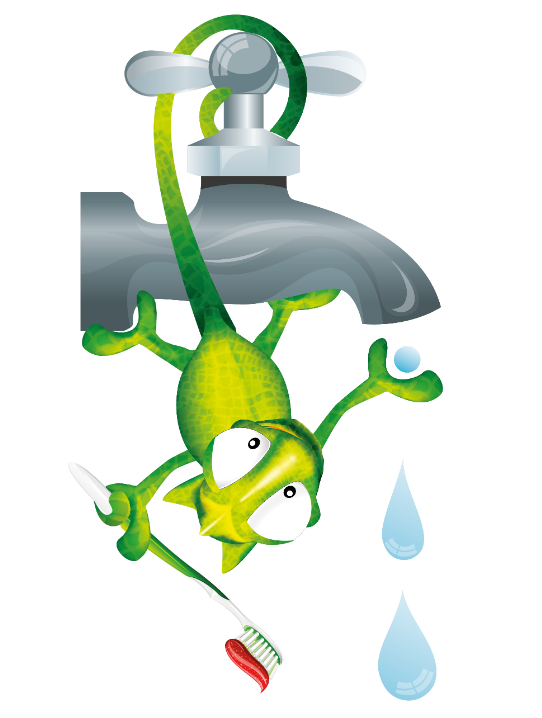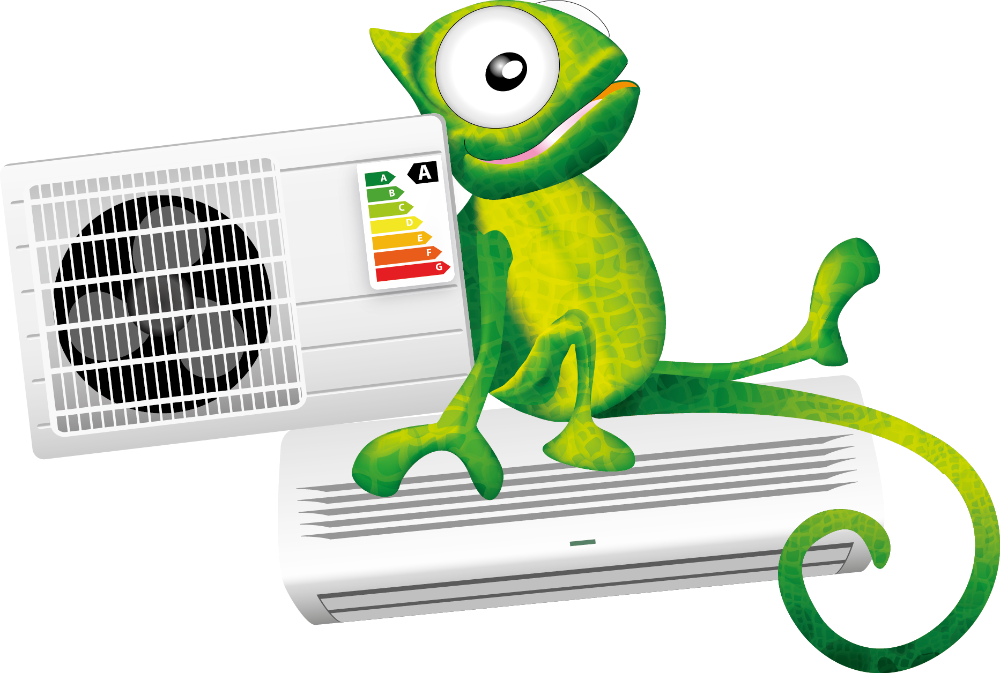Energy Efficiency At Home
Energy Efficiency At Home
Energy 24 Apr 23
When it comes to saving energy, the best place to start is your own home. Here, you have unlimited control over your own habits and consumption patterns which equals the greatest opportunity to bring about change. How much you could save on your energy bills is up to you, but implementing some of the low cost steps shown below could help to save up to 20% every year.

Lighting
Lighting accounts for 15 per cent of a typical household’s electricity bill. You can cut your lighting bill and energy use by changing which bulbs you use and how you use them. Houses typically use a mixture of standard light fittings and downlighters or spotlight fittings. Energy efficient bulbs are available for both types of fittings.
Which light bulbs are energy efficient?
There are two main types of energy efficient light bulbs available. Compact Fluorescent Lamps (CFLs) and Light Emitting Diodes (LEDs).
Both CFLs and LEDs are a cost-effective option for most general lighting requirements. LEDs are available to fit most fittings and are particularly good for replacing spotlights and dimmable lights, they are more efficient than CFLs and will save you more money in the long term.
LEDs use 80% less energy than a traditional bulb. Using just one bulb could save you £100 in its lifetime (and they last up to ten times longer than normal bulbs).
What else can I do to save energy?
You can save money and energy by implementing control mechanisms and being conscious of how you use your lighting.
- Always turn lights out when leaving a room, regardless of how long for.
- Be conscious of how many lights you have on and whether they all need to be in use.
- Arrange light switches so that its convenient to turn them off i.e. place switches at top and bottom of stairs, each end of a hallway and each door to a room.
- Use a sensor and timer on external lights so they are only in use when they need to be.
- Use appropriate lightings i.e. a low back ground light while watching television and a bright, concentrated light for reading. Having a range of lights in a room with separate switches will make this easier.

Home Appliances
Home appliances can range from fridges and washing machines, to laptops and TVs. All of these contribute to the amount of energy used in your home; how much energy they use depends on how you use the appliances, how often you use them and how efficient they are.
How can I save energy on my appliances?
Buying the most efficient appliances is an important part of reducing the amount of energy they consume. Look out for the energy ratings label and consider the size of the appliance you require. Energy ratings are generally given to products based on their size category. Generally speaking, the larger the appliance, the higher the running costs.
Remember though that even the most energy efficient appliances can waste energy if used ineffectively.
- Don’t leave appliances on standby and remember not to leave appliances on charge unnecessarily.
- Try to only run your washing machine, tumble drier or dishwasher on full loads. If you’re not able to do this then remember to use the half load or economy programme.
- Make the most of Gibraltar’s good weather and dry clothes outside whenever possible.
- Set your washing machine to 30°C
- Only boil as much water as you need (remembering to cover the elements in an electric kettle)
- Cook wisely and keep a lid on pots and pans to reduce heat loss

Saving water
How water efficient are you? In Gibraltar, all of our potable water is produced via a process of desalination which is very energy intensive. In addition to this, we then use energy to heat water for showers, baths and hot water from the tap. Reducing unnecessary water wastage is therefore one of the best things we can do to lower our energy use and minimise our impact on the planet.
How can I save energy & water at home?
- A dripping hot water tap wastes energy and, in one week, wastes enough water to fill half a bath. Ensure taps are fixed and fully turned off.
- Is your hot water too hot? Your hot water needs to be no hotter than 60°C (or 140 °F). Fitting an insulation jacket to your hot water cylinder costs around £20 and will save £15 a year.
- Consider installing water efficient shower heads – these can produce water flows that feel far higher than they actually are, saving both water and energy
- Taps with a low flow rate can be fitted to bathroom and kitchen sinks
- Even if you’re not looking to replace taps or shower units, you can still save water by fitting flow regulators to showers and aerators to taps.
- A running tap wastes more than 6 litres of water a minute, so turn off the tap while brushing your teeth, shaving or washing your face. Use cold water if you don’t need hot.
- Try to avoid wasting water from running taps while waiting for hot water – collect it for use elsewhere.

Heating & cooling
Heating and cooling your home is also an energy intensive process. Many homes in Gibraltar now have split heating and cooling systems installed in the main living areas to provide temperature control throughout the year.
- Reducing your room temperature by 1°C could cut your energy bills by up to 10% during the winter months. In the same way, turning your air-conditioning thermostat up by 1°C could also cut your energy bills by up to 10% in summer.
- Close your curtains at dusk to stop heat escaping though the windows.

